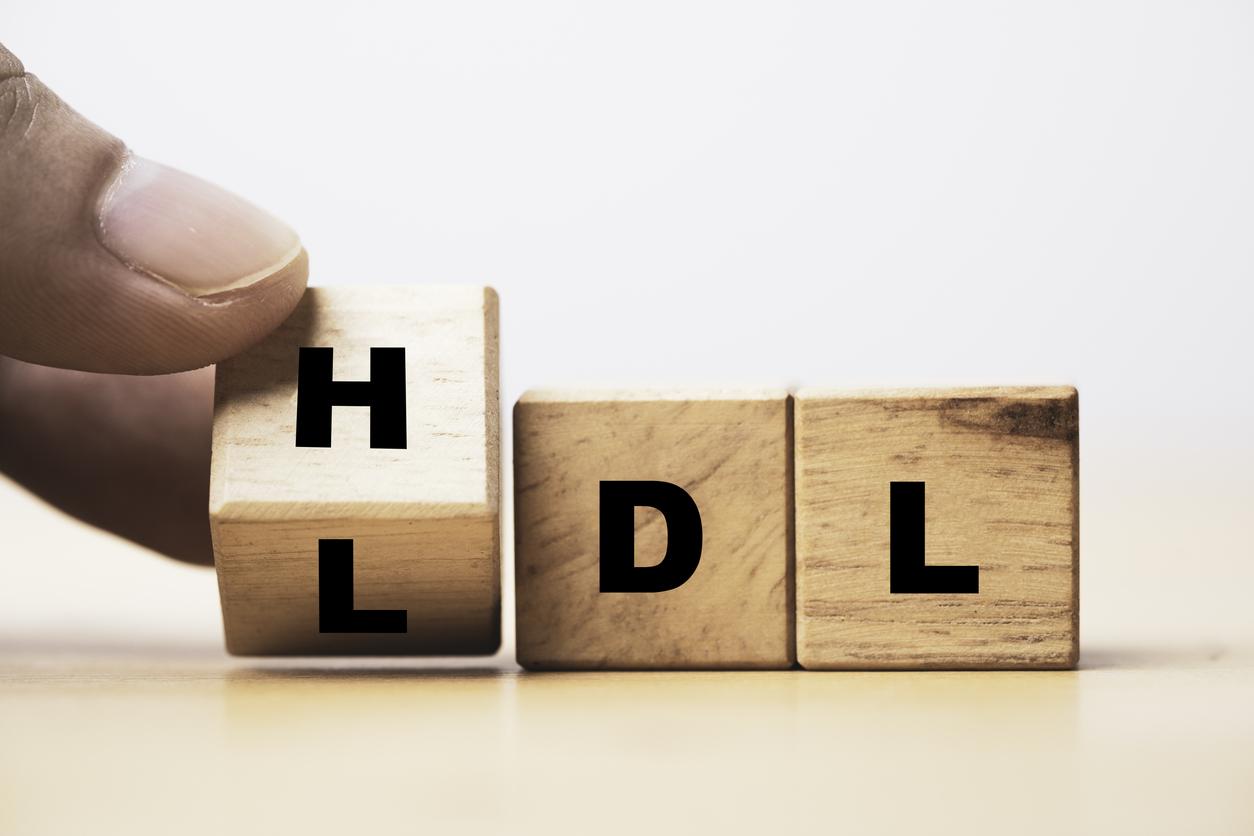Vitamin B3, or niacin, has been prescribed for people with high cholesterol for 50 years. This vitamin is believed to prevent stroke and the infarction in those patients at high risk of cardiovascular events. However, a study published in the very serious New England Journal of Medicine seems to indicate that this treatment would be, at best, ineffective, and at worst, that it would involve risks.
“There is one additional death per group of 200 people who are placed on niacin. In view of these signals, it is an unacceptable treatment for the majority of patients. The prescription of niacin should be reserved for patients with very high. risk of stroke or heart attack, which cannot be placed on statins and for whom no other treatment option is possible “writes Dr. Donald Loyed-Jones of Nothwestern University in an editorial in the medical journal .
9% more risk of death
At the origin of this angry outburst, this study carried out on more than 26,000 patients at cardiovascular risk and on statins. Some of these patients took niacin, and others took a placebo drug. And statistics show that niacin increases the risk of death by 9%, instead of reducing it. Vitamin B3 would also have many side effects: liver problems, infections, heavy bleeding, gout, irregular blood sugar in diabetics, and even diabetes in healthy patients at the start of the study.
“Reducing ‘bad’ cholesterol with statins and living a healthier lifestyle remains the most effective approach to preventing stroke or heart attack in at-risk patients,” concludes Dr. Neil Stone, who led the study.
















